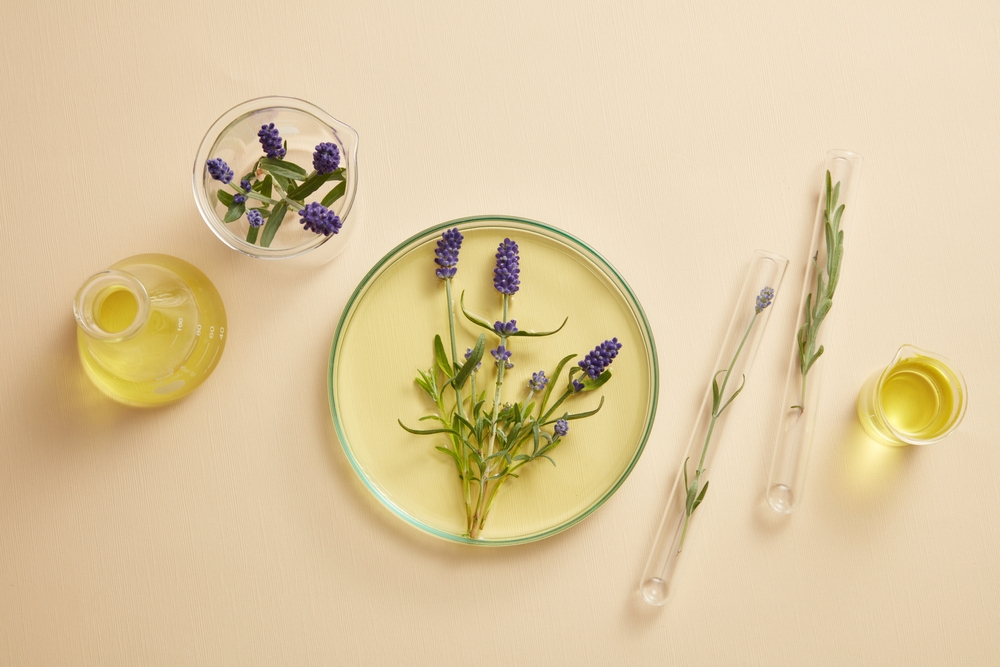In the world of natural healing and wellness, anti-inflammatory salves have gained significant attention for their potential benefits in soothing skin irritations, reducing inflammation, and promoting healing. But do these products truly deliver on their promises? Let’s dive into the science behind anti-inflammatory salves and explore what research says about their effectiveness.
Understanding Inflammation
Before we delve into the specifics of anti-inflammatory salves, it’s essential to grasp what inflammation is and why it matters. Inflammation is the body’s natural response to injury or infection, characterized by redness, swelling, heat, and pain. While acute inflammation is a necessary part of the healing process, chronic inflammation can lead to various health issues, including heart disease, diabetes, and arthritis.
The Role of Topical Treatments
Topical treatments, such as anti-inflammatory salves, work by delivering active ingredients directly to the skin. These ingredients can include herbs, essential oils, and other plant-based compounds known for their anti-inflammatory properties. When applied to the skin, these substances can help reduce inflammation, soothe irritated areas, and promote healing.
Common Ingredients in Anti-Inflammatory Salves
- Arnica: Known for its anti-inflammatory and analgesic properties, arnica is often used in salves to relieve muscle pain and bruising.
- Calendula: This herb has been shown to reduce inflammation and speed up wound healing.
- Comfrey: Rich in allantoin, comfrey helps to soothe and heal the skin.
- Echinacea: While primarily known for boosting the immune system, echinacea also has anti-inflammatory properties.
- Lavender: Not only does lavender have calming effects, but it also possesses anti-inflammatory properties.
Does Research Support Their Efficacy?
The effectiveness of anti-inflammatory salves is supported by several studies. For instance, a study published in the Journal of Alternative and Complementary Medicine found that a topical gel containing arnica reduced pain and swelling in patients with osteoarthritis of the knee. Similarly, research on calendula has shown its effectiveness in treating minor burns and wounds.
However, it’s important to note that while these studies provide promising evidence, more research is needed to fully understand the mechanisms behind the anti-inflammatory effects of these salves and to compare their efficacy against conventional treatments.
Considerations and Precautions
While anti-inflammatory salves can be a valuable addition to a natural healing regimen, it’s crucial to approach them with caution:
- Consult a Healthcare Professional: Before using any new topical treatment, especially if you have underlying health conditions or are pregnant, it’s wise to consult with a healthcare professional.
- Patch Test: Always perform a patch test to ensure you’re not allergic to any of the ingredients.
- Quality Matters: Look for high-quality, organic ingredients and reputable brands to maximize the benefits and minimize potential side effects.
Anti-inflammatory salves offer a natural, topical approach to managing inflammation and promoting skin health. With a variety of potent ingredients and growing research support, they represent a promising option for those seeking alternative remedies. However, like any health product, it’s essential to use them responsibly and in consultation with healthcare professionals when necessary.
As we continue to explore the vast world of natural healing, it’s clear that anti-inflammatory salves have a place in our wellness routines. By understanding their benefits, limitations, and how to use them effectively, we can harness their power to enhance our overall well-being.
Stay tuned for more insights into the world of natural healing and wellness on Revived by Roots. Together, let’s explore the path to better health through nature’s bounty.

